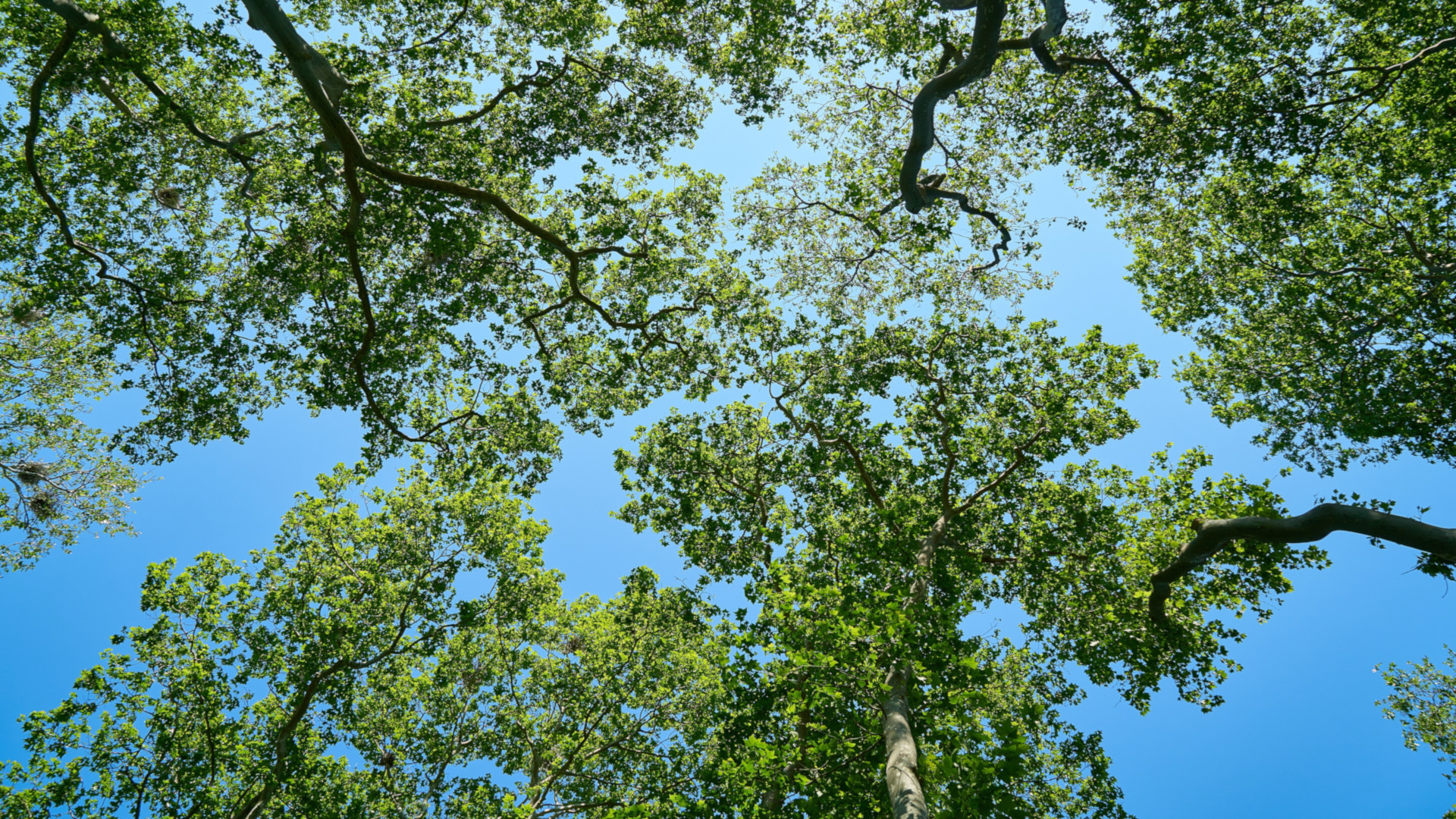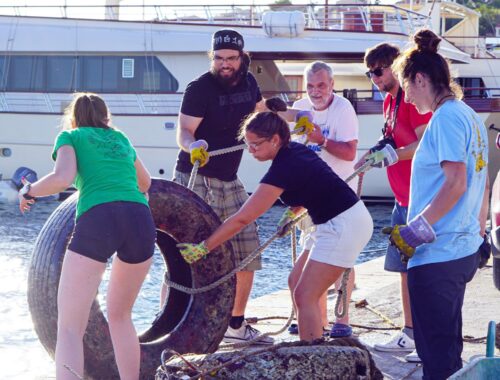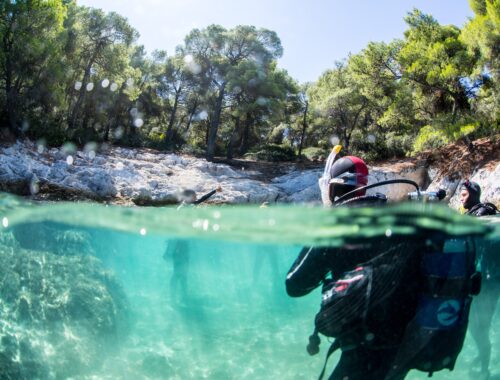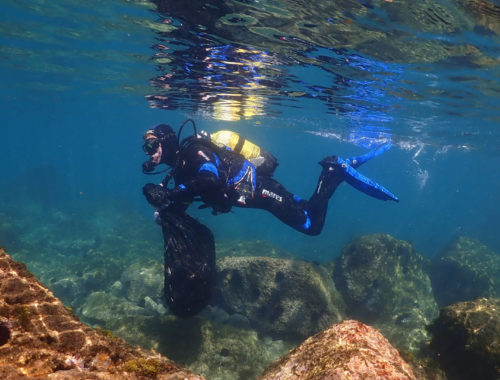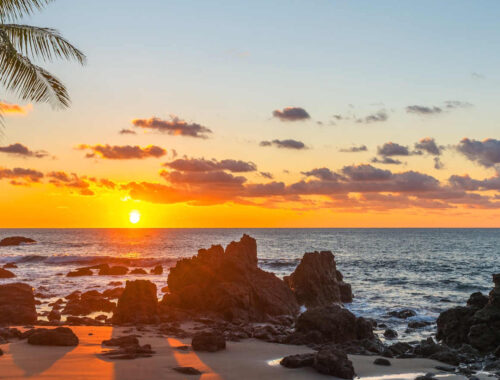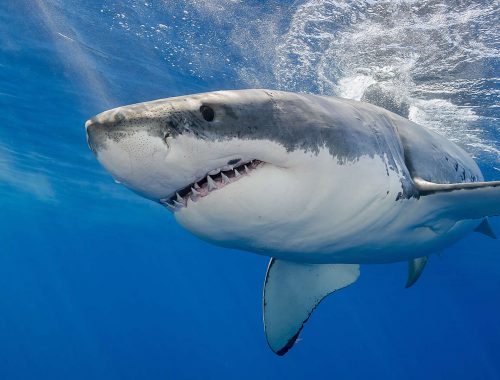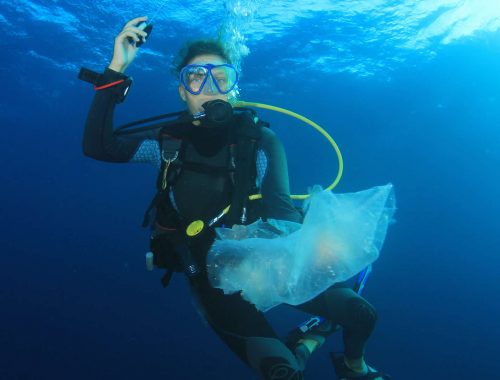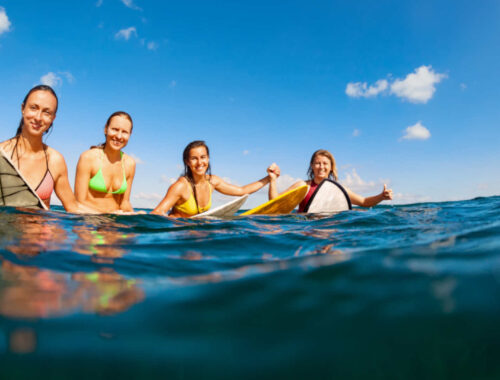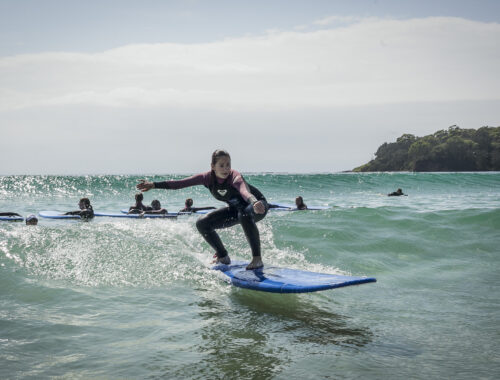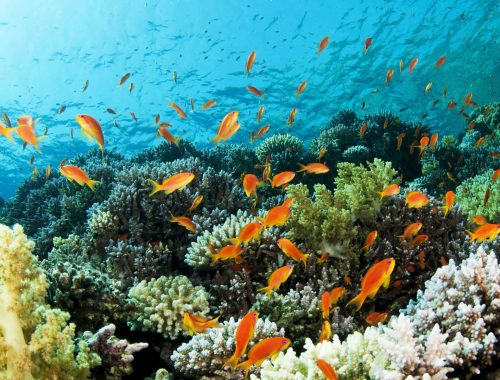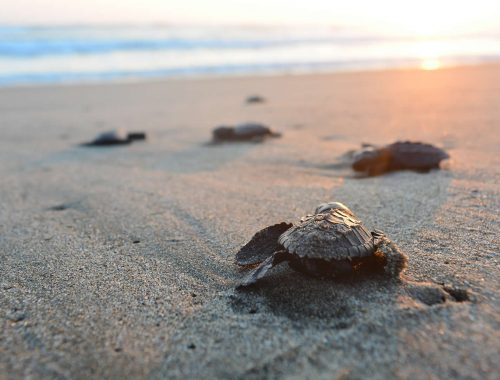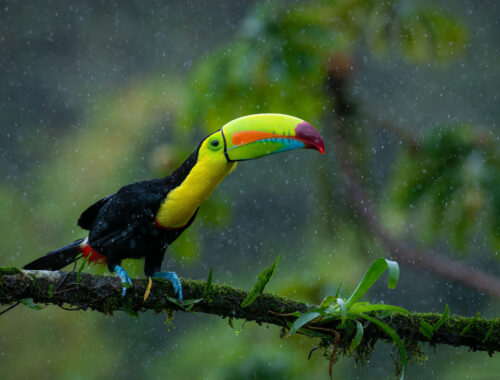Marine conservation has never been more important. The sea temperature is increasing, coral reefs are dying, fish are ingesting plastics every day, there are irresponsible fishing and diving practices across the world and, by 2050, it is estimated that there will be more plastic in our oceans than fish. But we can make a small change, and we encourage you to do so.
If you are passionate about marine ecology, biology, and sea life, why not consider joining a volunteering project to help the marine world? If you are a passionate diver this can involve diving to remove plastics from the ocean or to conduct important research on the state of the coral reefs. If you prefer to keep your feet on dry land, you can help with turtle conservation or do beach clean ups, and if you like to be on boats, why not help with monitoring sea life?
Marine volunteers help out for durations of 1 – 12 weeks on projects around the world. Some volunteers are on a gap year, others on a summer holiday, and others still are looking for a responsible diving holiday. Career breakers, retirees and students alike are all welcome!
